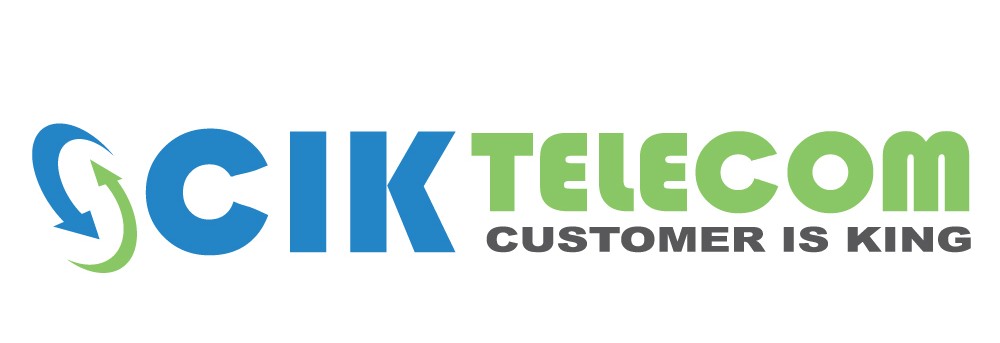
Internet has become very popular and a large percentage of the entire world’s population is now online. Even without stepping out of your home, you can do almost everything with just a few clicks or swipes of your finger. Internet has made our life so much better and easier…or has it? We can do all the banking and pay our bills online; we can do online shopping without going to the mall; some people can even work from home, or attending a school online through the internet. However, the more time you spend and rely on the internet, meaning the more you expose yourself to the online world, giving hackers more opportunities and eventually put yourself in danger.
To protect yourself online, here are few things you can do:
- A smart and strong password that make no sense
For everything that needs a password, you can create a complex password and make it difficult to guess. Use a random password that has no meaning. Try to have your password that contains capital letters, numbers, special characters, and more than six characters. Avoid using any personal information such as your name, day of birth, or cell phone number in your password. If possible, try not to use the same password for every account you have. And most importantly, change your password once in a while.
- Protect your personal information
There are lots of websites and social media that allow you to put your personal information such as date of birth, address, mother’s maiden name, etc. However, sharing your personal information online is similar to sharing it to the public. Unless it is necessary and mandatory, otherwise do not over share information and reveal too much about yourself on the internet.
Furthermore, be careful about sending any personal information through online communications such as email and instant messaging programs, unless you really know who they are.
- Avoid clicking on pop-up windows
When you browse the web you are sometimes presented with pop-up windows. Clicking and closing on one of these pop-up windows might actually infect your computer with spywares. Don’t ever trust the buttons that labelled “Cancel” or “Close” anywhere in a pop-up window. To safely close a pop-up window, you should close it on the taskbar or Windows Task Manager.
- Check URLs, don’t click on email links or attachments you don’t recognize
You should be careful before clicking on any links and attachment that you don’t recognize. Hackers can harvest usernames and password through those links. Even though the link looks like the one you used to use, make sure to double check, because there are a lot of fake websites that look like the original ones but the URLs are slightly different.
- Secure your wireless connection
Consistently change your network’s name and password (as mentioned above, the password should be strong and complex). Try not to provide personal information while using the public Wi-Fi network.
- Install security/ anti-virus software
An updated security/ anti-virus software will give you protection from cyberspace threats such as adware, identity theft, spam, spyware and virus.
- Monitor children’s online activities
There are lots of information and danger zones online. You can put the computer in a common area so you can easily monitor while they are using the computers. Also, you can install a kid Wi-Fi to control and monitor their online activity.
Protect yourself online. Enjoy the fun and freedom that internet gives you!
![]()

